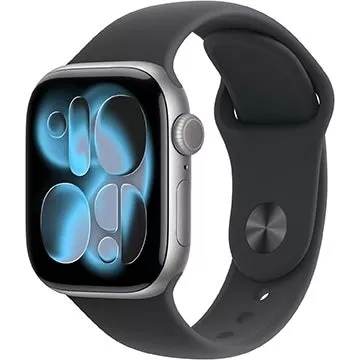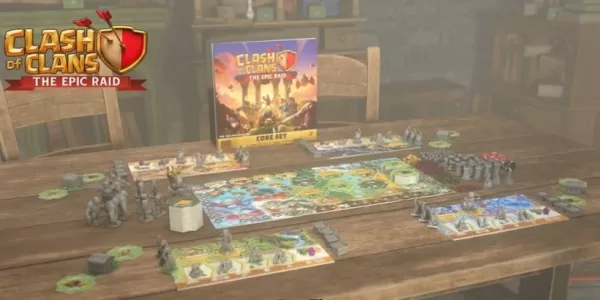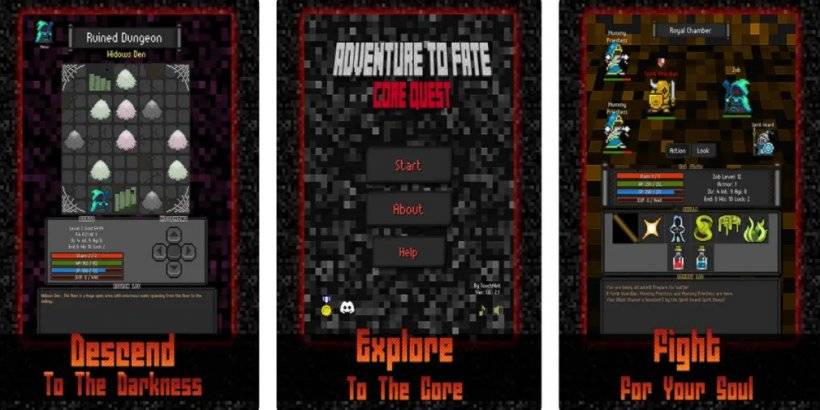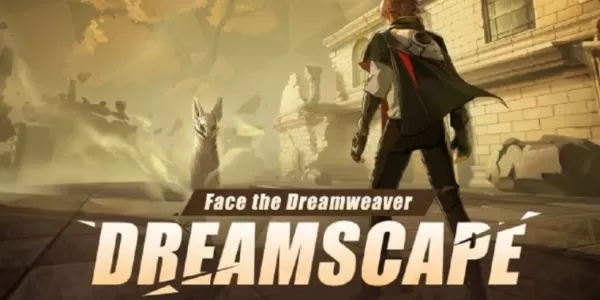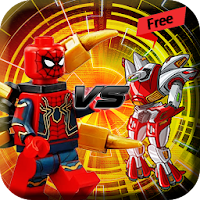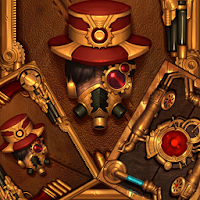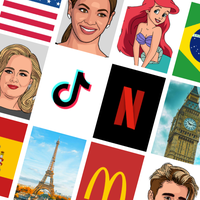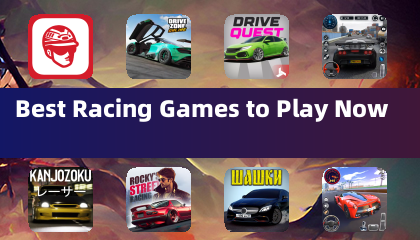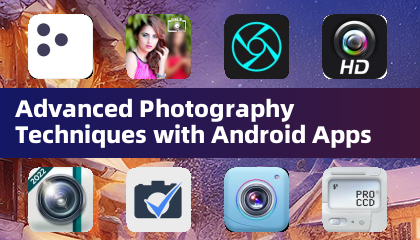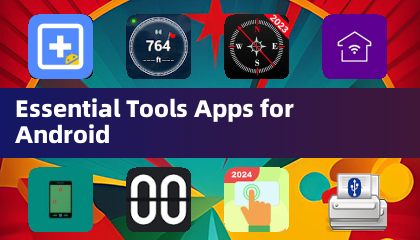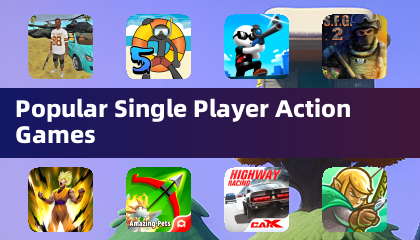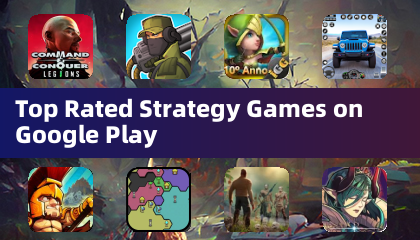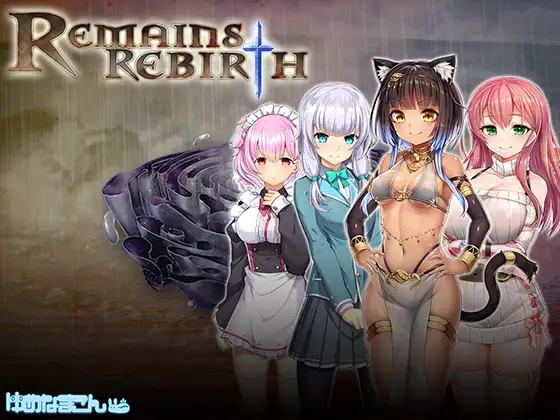EA's Origin App, launched in 2011, was designed to provide a digital storefront for purchasing EA's PC games, offering an alternative to Steam. A significant moment for Origin was the mandatory use for playing Mass Effect 3 in 2012. Despite this, Origin struggled to gain widespread acceptance among PC gamers due to its cumbersome user experience and frustrating login processes. EA continued to support Origin, but has now decided to replace it with the EA app, which has been met with similar criticisms regarding its user interface.
The transition to the EA app comes with significant implications. For instance, if you own games like Titanfall on Origin and fail to switch your account to the EA app, you risk losing access to your purchased games. Additionally, the EA app only supports 64-bit operating systems, leaving users on 32-bit systems behind. While this move aligns with industry trends—Steam also discontinued support for 32-bit OS in early 2024—it's worth noting that Microsoft sold 32-bit versions of Windows 10 until 2020. If you're using Windows 11, you're safe, as 64-bit support has been standard since Windows Vista, nearly two decades ago.
To check if your system is 32-bit or 64-bit, look at your RAM capacity. A 32-bit OS can only utilize up to 4GB of RAM, so if your system has more, you're likely running a 64-bit OS. If you've mistakenly installed a 32-bit version of Windows, you'll need to perform a full system wipe and reinstall a 64-bit version to continue using the EA app.
The discontinuation of 32-bit support in 2024 raises broader questions about digital ownership. Losing access to a game library due to hardware changes is a frustrating reality, and it's not just EA; Valve's Steam has also dropped 32-bit support, leaving some users unable to play on older systems. Moreover, the increasing use of invasive digital DRM solutions like Denuvo adds another layer of complexity, often requiring deep system access or imposing arbitrary installation limits despite a legitimate purchase.
One solution to preserve your digital library is to support platforms like GOG, operated by CD Projekt. GOG offers DRM-free games, ensuring that once you download a title, you can play it on any supported hardware indefinitely. While this approach opens up potential avenues for software piracy, it hasn't deterred developers from releasing new titles on GOG, with the upcoming RPG Kingdom Come: Deliverance 2 set to launch on the platform soon.


